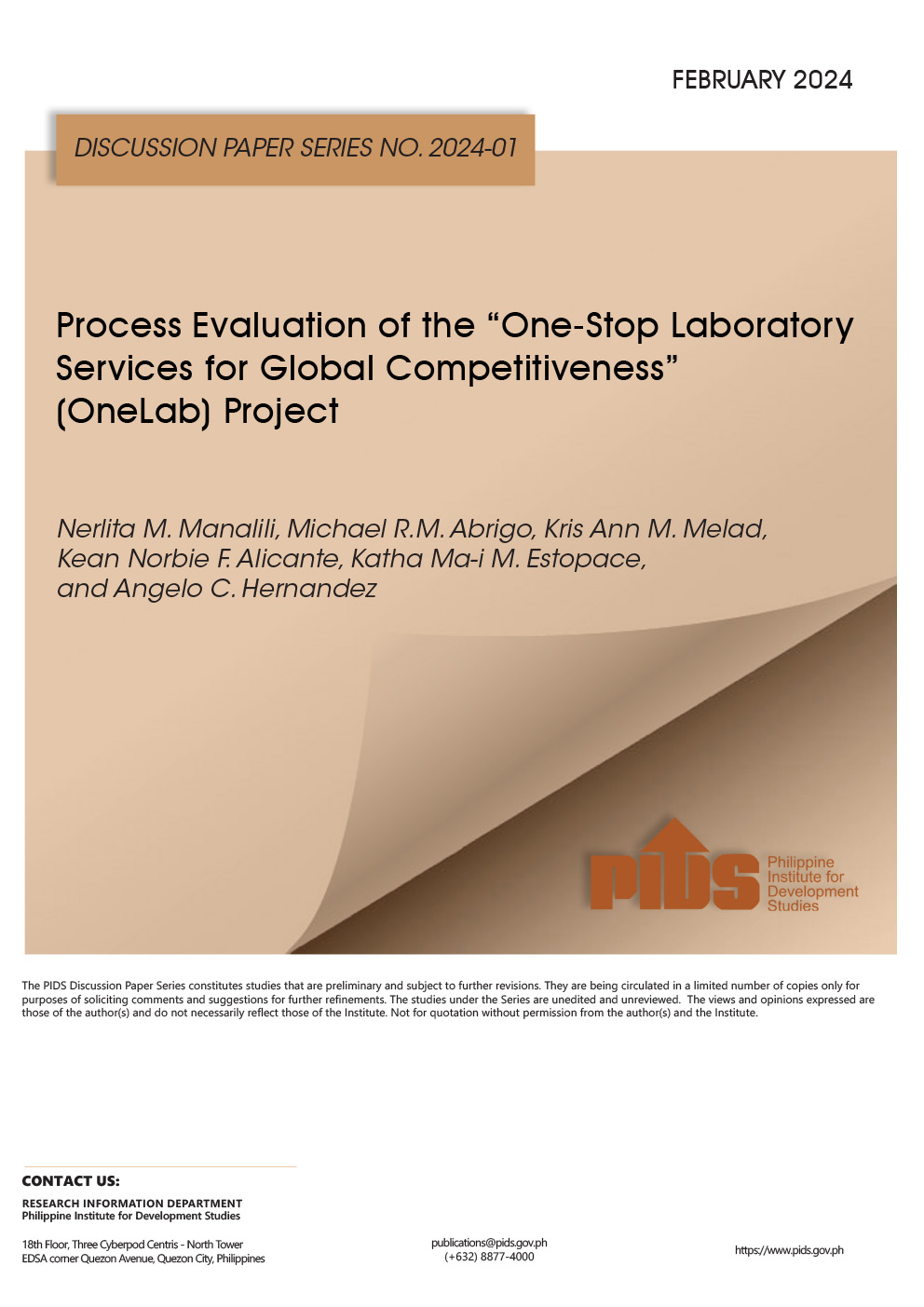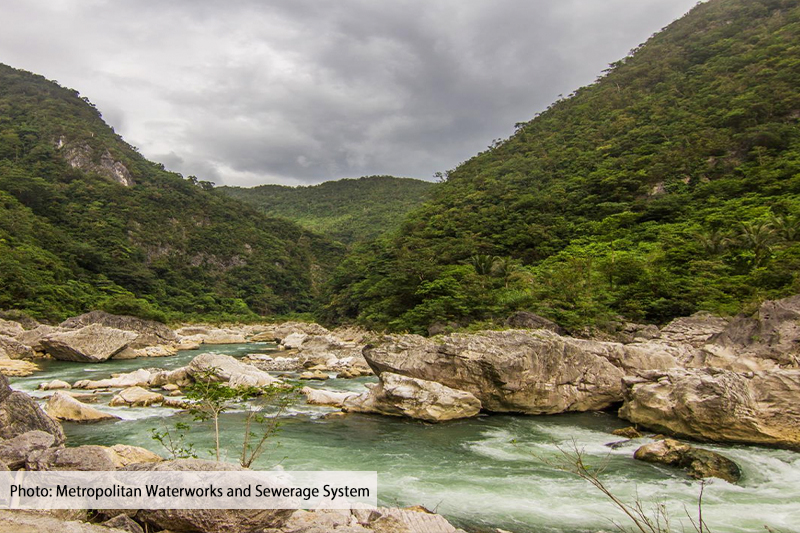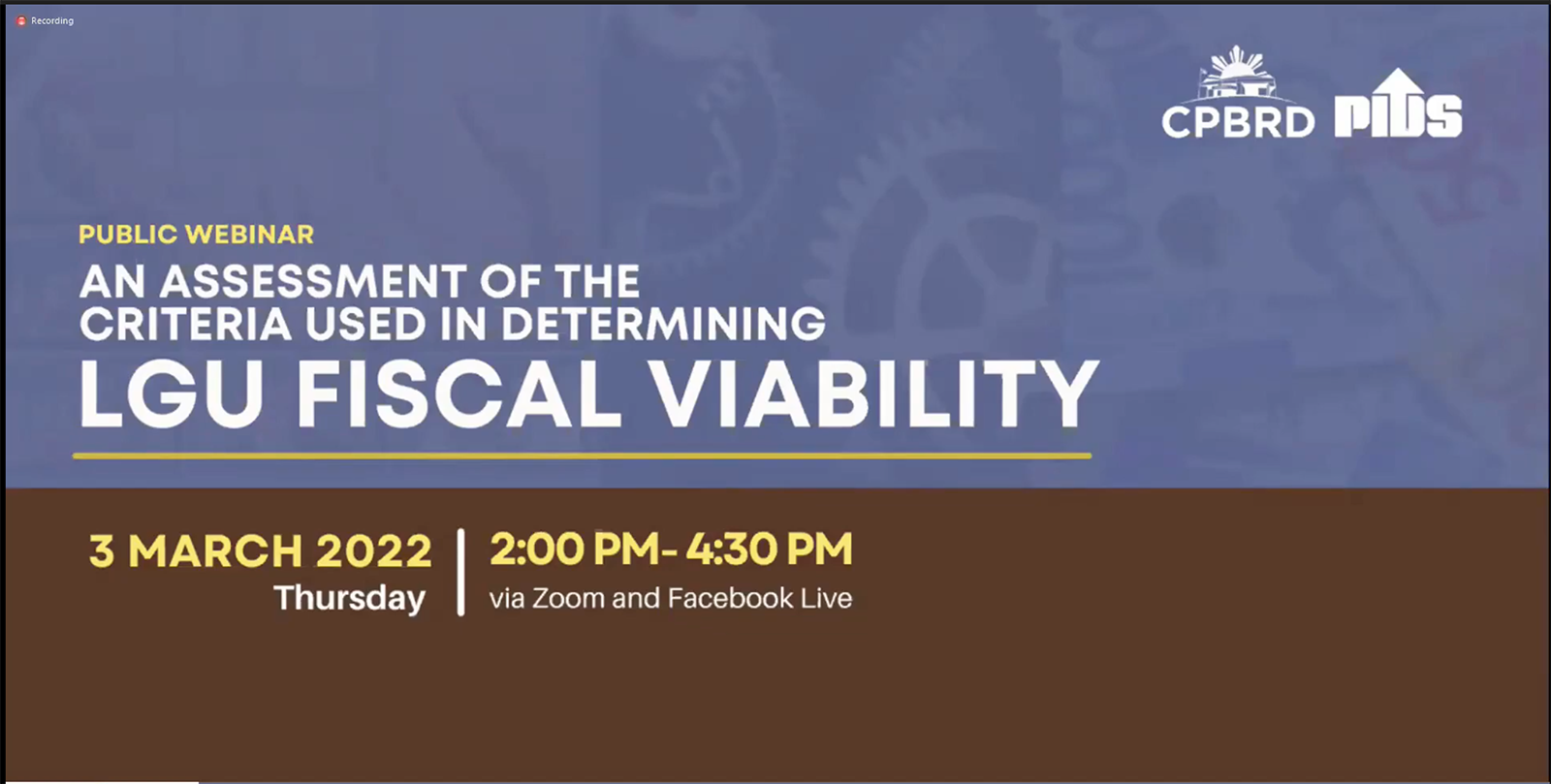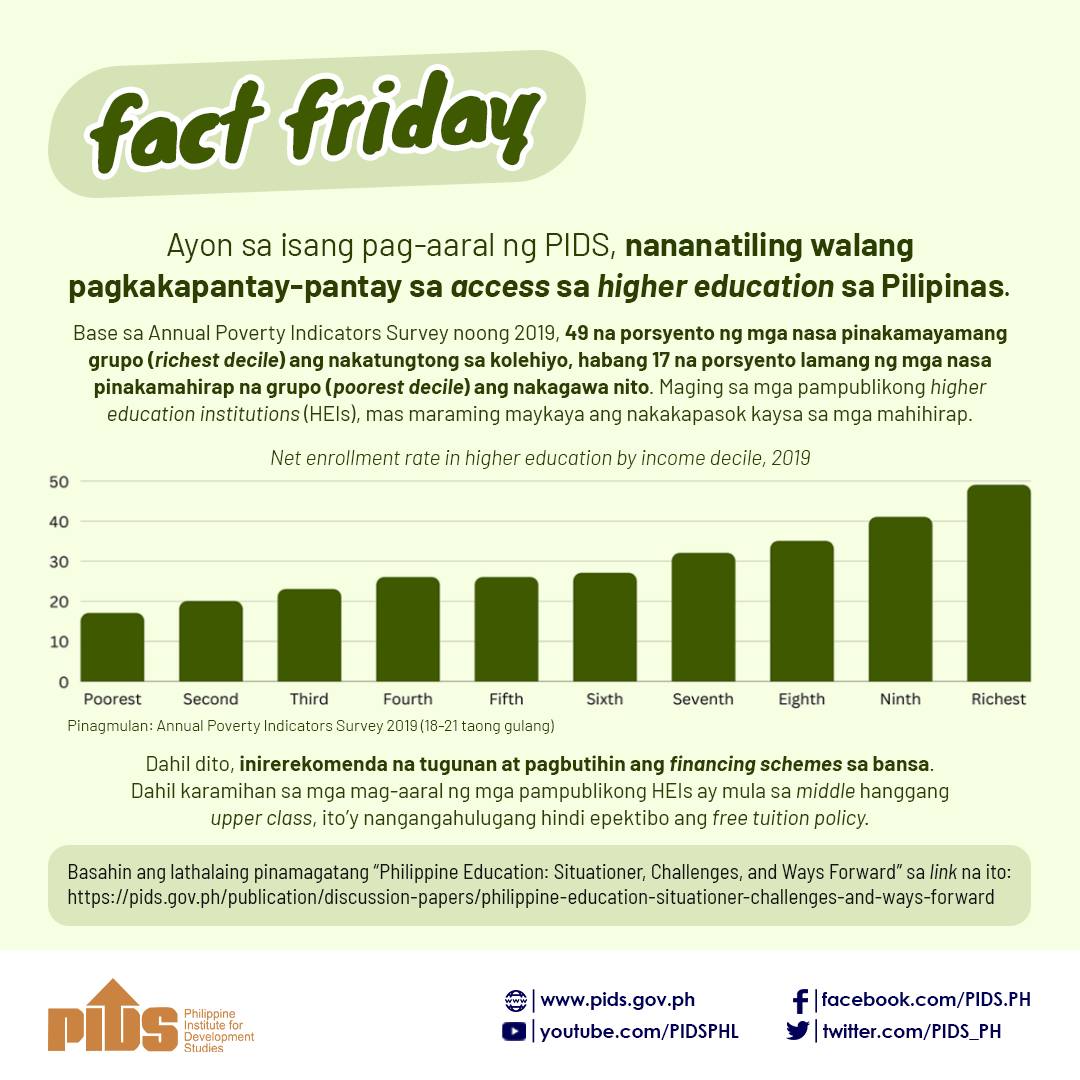INTRODUCING fiscal incentives could encourage demand for electric vehicles (EV) nationwide, according to a study released by the Philippine Institute for Development Studies (PIDS).
In a discussion paper, PIDS Supervising research specialist Maureen Ane D. Rosellon said most EVs are in public transport such as electric tricycles and jeepneys.
However, the ownership of electric cars in the Philippines remains low. In order to encourage more Filipinos, providing financial incentive packages should be given for EV purchases, charging points, electricity consumption and recycling of old units should be explored.
“It would be helpful to have a review of these incentive schemes that are being implemented in other countries, and determine which would be applicable or adaptable to the local setting,” Rosellon said.
Incentives for the use of EVs have been introduced in many countries as a means to meet their targets of banning the use of internal combustion engine (ICE) sales in the next 10 years to 20 years.
These countries include Canada, China, Brazil, Italy, Japan, Mexico, South Korea and the Netherlands. In Southeast Asia, Singapore is the only country that aims to ban the use of ICEs.
The Department of Trade and Industry also proposes an EV Incentive Strategy (EVIS) to jumpstart the development of an EV manufacturing industry in the Philippines.
Some of these incentives for industry development include tariff elimination or reduction as well as incentives for parts and components. There are also incentives to be given for charging infrastructure and research and development for next generation vehicles and smart transport.
A number of incentives have also been included in the House and Senate Bills. Rosellon said these include excise duty exemption and VAT exemption for raw materials, parts and capital equipment that will be used in EV manufacturing.
She added that the list of incentives include priority in registration and issuance of plate number; exemption from unified vehicular volume reduction scheme; free parking space; priority in PUV franchise application; and, space for charging stations.
This is part of the reasons, Rosellon said, to fast-track the passage of an EV law. A law would set the national policy and framework of regulations for EV standards, incentives, infrastructure, and the role of government agencies.
“Fast-track the deliberations on the EV bill; having an EV law is a strong signal for current players and potential investors that the government is serious about advancing EV in the country and including it in the priority area for industry development,” the study stated.
“The EV industry is an active and fast-moving industry, hence, in order to not be left behind, including the bill in the priorities for deliberation would be crucial,” it added.
Apart from incentives and the law on EV, Rosellon added the government should create a battery manufacturing roadmap and a charging infrastructure plan.
In doing so, Rosellon said the government and industry players can study the viability of focusing on a specific type of electric vehicle.
They can choose from passenger car/van, bus or truck; or technology—full-electric or hybrid, and make the Philippines a manufacturing hub of that specific EV.
Further, Rosellon said undertaking in-depth studies looking at the potential impact on the power sector and contribution to air pollution control will help recognize the prospects of such an industry in the Philippines.












